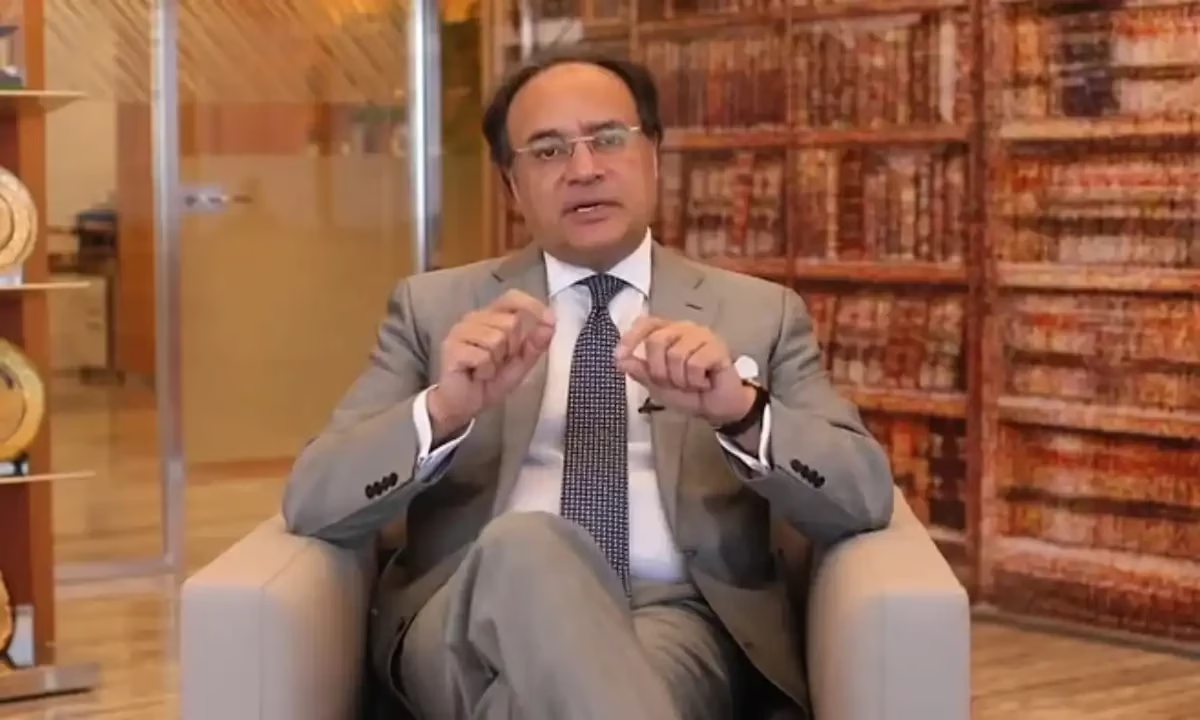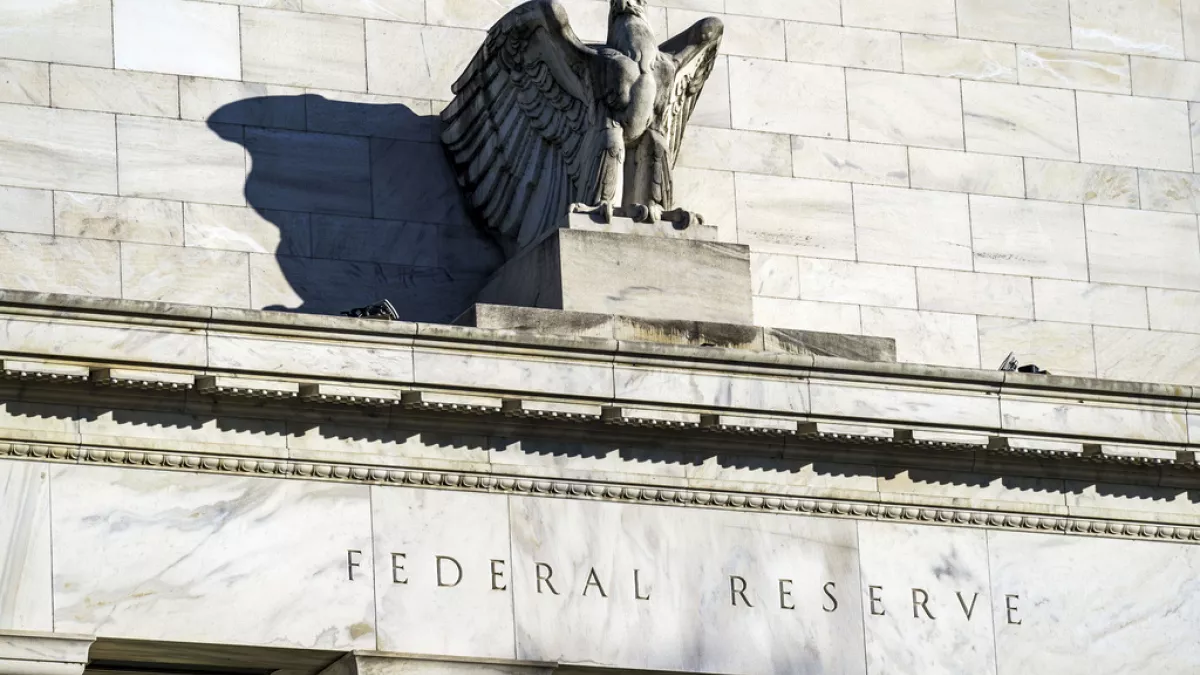Minister for Finance Muhammad Aurangzeb stated on Saturday that Pakistan’s economy is stable, with plans to shift towards export and productivity-led growth for long-term development.
During a news conference, he highlighted that inflation is at its lowest point in six decades, remittances have surged by 32%, and the government is vigilantly monitoring the prices of essential goods.
Aurangzeb emphasized that Pakistan has achieved macroeconomic stability, stressing the importance of capitalizing on this opportunity and transforming the economy. He called for exports across all sectors, noting the recent success of the auto sector, which has begun exporting in the past two months.
The finance minister explained that structural reforms are being implemented to make Pakistan’s current IMF programme the last one.
On the taxation front, he mentioned that the tax-to-GDP ratio is set to reach 10.6% by the end of the fiscal year, marking a 1.8% increase over the previous year. He set a target of raising the ratio to 13.5% in the future. He also highlighted that FBR revenue collection is projected to grow by 32.5% this year, noting that 413 billion rupees were collected from traders, up from 189 billion rupees last year, along with 105 billion rupees from new tax filers.
Aurangzeb also stated that the privatization process will be expedited.
On the external front, he shared that foreign exchange reserves are on the rise, driven by strong remittances. He expressed confidence that remittances would reach a record $36 billion by the end of the fiscal year. Exports, he noted, are showing a firm 7% growth, and he projected that foreign exchange reserves would exceed $13 billion by June.
Finally, the finance minister highlighted that inflation is currently at 0.7%, and the government’s priority is to ensure that the benefits of this low inflation rate reach the common people.



